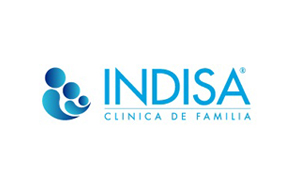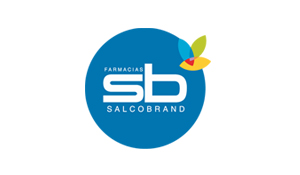As well as the subsequent subsections on appropriate authority, CBA includes right here all arguments manufactured in its individually submitted joint-trade comment page.[8]
The Dodd–Frank Wall Street Reform and customer Protection Act (“Dodd-Frank Act”) authorizes the Bureau to recommend guidelines under its UDAAP authority, in addition to to enforce the Dodd-Frank Act’s UDAAP prohibition. The Bureau has identified two techniques as both unjust and abusive: which will make a covered loan without fairly determining that the buyer will have a way to settle the mortgage, with a few exclusion, also to make an effort to withdraw re re payment from the consumer’s account associated with a covered loan following the lender’s second consecutive effort has failed as a result of a not enough adequate funds, unless the lending company obtains the consumer’s brand new authorization. The proposition marks the very first time the Bureau has exercised its authority to issue laws prohibiting UDAAP.
In working out its authority, the Bureau has recommended a really prescriptive guideline that will efficiently produce a narrowly tailored product designed to run within a rather constrictive regulatory scheme. Generally speaking, we find this process become an inappropriate workout associated with the Bureau’s UDAAP authority that is rulemaking. Treatments for so-called unfair or acts that are abusive methods should really be tailored to those methods observed, maybe maybe not utilized to determine product offerings full of ancillary conditions ( e.g. credit reporting, etc.) which have little if any such thing related to the so-called harmful techniques. The Bureau’s Proposal does not merely ban an identified practice; it imposes specific detailed underwriting methodologies and standards on the market, banning all other alternative underwriting methodologies and standards of these products as unfair and https://cartitleloansplus.com/payday-loans-co/ abusive unlike other financial regulators’ unfair, deceptive acts or practices (“UDAP”) rulemakings. Nevertheless, the Bureau shows no proof to aid the sweeping appropriate summary that every alternative underwriting approaches will be not able to pass the unjust or abusive standard. In producing such an in depth and rule that is proscriptive one that prohibits other capability to repay options depending on se abusive and unjust – the Bureau has surpassed its limited UDAAP authority, that ought to demand a previous discovering that the specific functions and methods under consideration are unlawful before being prohibited. UDAAP rulemakings should simply be utilized to ban particularly identified functions and techniques. The Bureau’s tiny buck research failed to investigate the general merits of those now prohibited alternative approaches; it just relied on a diverse writeup on the marketplace that is current.
Furthermore, although the Bureau has amassed considerable information from the payday that is non-depository, it offers did not provide a thorough research of bank-offered items and their so-called injury to customers. There is no showing that loans granted by depositories create customer damage. in reality, we think bank-issued loans are of good benefit to customers and they are maybe maybe perhaps not harmful. They are able to assist borrowers get needed liquidity for emergencies and prevent non-sufficient investment and overdraft fees, late re re payment costs and energy interruption. Until now, we usually do not think the Bureau has generated that any customer injury caused by bank-offered loans that are covered the huge benefits they offer to customers.
This is certainly due to the unjust methods, within the aggregate, is apparently exceedingly high. as an even more practical matter, nowhere when you look at the 1,300 plus web page Proposal does the Bureau try to quantify the advantages to consumers for the proposed provisions, rather depending on duplicated expressions along the lines of “it generally seems to the Bureau” or that the “Bureau believes” that “the level of damage” The Proposal cites many reports and studies to justify these views, but will not add any metrics with its analysis of advantages and expenses.
In reality, the Bureau supports its presumptions on the basis of the belief that most covered loans result consumer harm. This theme is unsupported and straight conflicts with lots of studies regarding the problem, which casts question regarding the idea that usage of covered loans adversely affects borrowers.[9] We think this to become a flaw that is fundamental the thinking regarding the Bureau as underneath the Dodd-Frank Act a training can not be “unfair” if any damage it causes is outweighed by countervailing advantages. And generally speaking, a “abusive” training must simply just take “unreasonable” benefit of customers. It really is difficult to observe how a practice may take “unreasonable” benefit of consumers in the event that advantages it offers outweigh any injuries it causes.
Lastly, the Proposal is flawed since the extremely restrictive capability to repay requirement ( e.g. continual income analysis that will require verification making use of customer reporting agencies registered with all the Bureau) will not enable the application of other power to repay approaches. The Bureau never ever provides support for why other capacity to repay analyses wouldn’t be enough to handle the concerns this has about installment financing. Taken together, we assert these flaws in the Proposal would seem to really make the regulation arbitrary and capricious.














Comentarios recientes